detail profile mary tyler moore
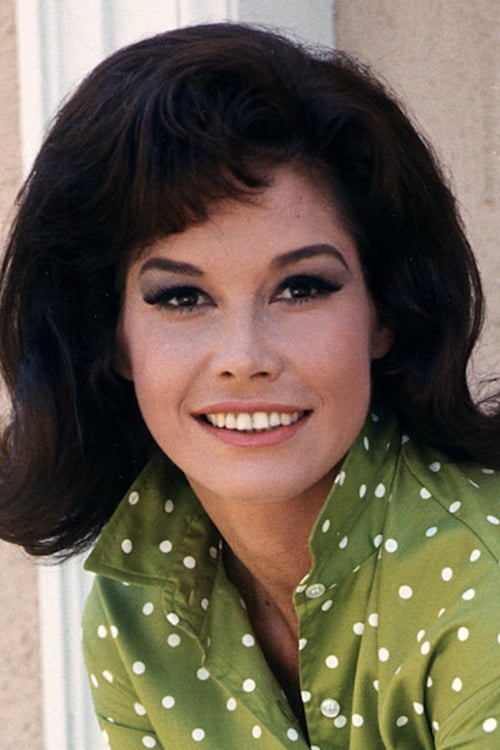
Riwayat Hidup
Mary Tyler Moore (December 29, 1936 – January 25, 2017) was an American actress, producer, and social advocate.
She is best known for her roles on The Dick Van Dyke Show (1961–1966) and The Mary Tyler Moore Show (1970–1977), which "helped define a new vision of American womanhood" and "appealed to an audience facing the new trials of modern-day existence".
Moore won seven Primetime Emmy Awards and three Golden Globe Awards.
She was nominated for the Academy Award for Best Actress for her performance in Ordinary People.
Moore is also known for her supporting role in the musical film Thoroughly Modern Millie.
Moore was an advocate for animal rights, vegetarianism and diabetes prevention.
Description above from the Wikipedia article Mary Tyler Moore, licensed under CC-BY-SA, full list of contributors on Wikipedia.
Info Pribadi
Peran Yang Di Mainkan Mary Tyler Moore
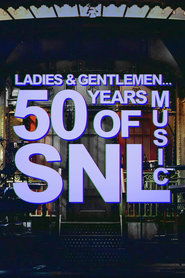 Untold stories behind the culturedefining and...
Untold stories behind the culturedefining and...Ladies & Gentlemen... 50 Years of SNL Music 2025
Untold stories behind the culture-defining and newsmaking musical performances, sketches and cameos of the past 50 years.
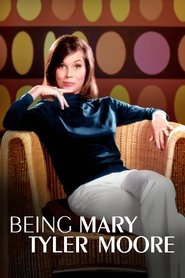 With unprecedented access to the Mary...
With unprecedented access to the Mary...Being Mary Tyler Moore 2023
With unprecedented access to the Mary Tyler Moore Estate, friends, family, and colleagues, Being Mary Tyler Moore constructs an intimate mosaic of Mary's sixty-year career in show business.
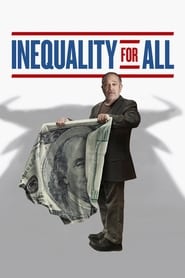 Based on Reichs 2010 book Aftershock The...
Based on Reichs 2010 book Aftershock The...Inequality for All 2013
Based on Reich's 2010 book Aftershock: The Next Economy and America's Future, the film examines widening income inequality in the United States. U.S. Labor Secretary Robert Reich tries to raise awareness of the country's widening economic gap. He publicly argued about the issue for decades, and producing a film of his viewpoints was a "final frontier" for him. In addition to being a social issue documentary, Inequality for All is also partially a biopic regarding Reich's early life and his time as Secretary of Labor under Bill Clinton's presidency. Warren Buffett and Nick Hanauer, two entrepreneurs and investors in the top 1%, are interviewed in the film, supporting Reich's belief in an economy that benefits all citizens, including those of the middle and lower classes.
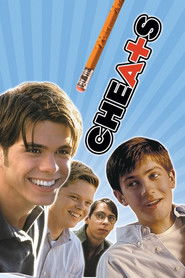 While other kids buy into countless...
While other kids buy into countless...Cheats 2002
While other kids buy into countless hours of studying just so they can get a mark in some teacher's report book, Handsome Davis sees it as nothing more than a system of control over your mind. That's why Handsome and his three best friends Sammy, Victor and the cribsheet genius Applebee have banded together and found ways to cheat on their tests all through their school years.
 A look at one hundred years...
A look at one hundred years...AFI's 100 Years... 100 Passions: America's Greatest Love Stories 2002
A look at one hundred years of romance in American cinema.
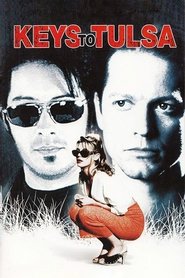 Richter Boudreau is on a bad...
Richter Boudreau is on a bad...Keys to Tulsa 1997
Richter Boudreau is on a bad streak: Languishing in the shadow of his celebrity mother, he loses his job as a film critic for the town paper, and now he's been approached with a dangerous proposition that ultimately leads to blackmail. Richter's friend Ronnie ropes him into a scheme to steal the inheritance of his wife, Vicky.
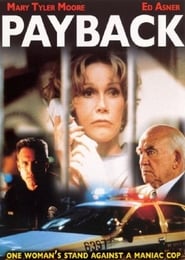 Kathryn runs a restaurant but one...
Kathryn runs a restaurant but one...Payback 1997
Kathryn runs a restaurant but one night she calls the police after she sees a suspicious man waiting in his car. However Kathryn sees one of the three police officers, Kaleen, assault the man with their sticks and kicking them. Under advice from Jack, the police internal investigator, she tells a court and Kaleen is put on suspension and kept to his rank for the rest of the career. However Kathryn gets weird phone calls, her son is arrested for murder and her teaching husband's career is threatened by checks on his record. All of this is because Kaleen is out for revenge and he plans to use the law and his friends in the police to do it. Only Kathryn, her family and Jack stands in his way.
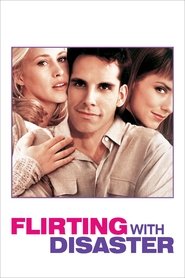 Adopted as a child new father...
Adopted as a child new father...Flirting with Disaster 1996
Adopted as a child, new father Mel Colpin decides he cannot name his son until he knows his birth parents, and determines to make a cross-country quest to find them. Accompanied by his wife, Nancy, and an inept yet gorgeous adoption agent, Tina, he departs on an epic road trip that quickly devolves into a farce of mistaken identities, wrong turns, and overzealous and love-struck ATF agents.
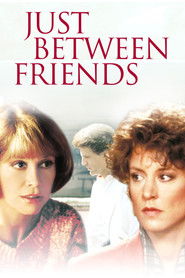 Holly and Sandy strike up an...
Holly and Sandy strike up an...Just Between Friends 1986
Holly and Sandy strike up an instant friendship; they don't know however that they have more in common than they'd like. When tragedy strikes, their relationship is tested.
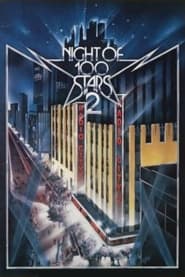 This special is the second Night...
This special is the second Night...Night of 100 Stars II 1985
This special is the second "Night of 100 Stars" to benefit The Actors Fund of America. Edited from a seven-hour live entertainment marathon that was taped February 17, 1985, at New York's Radio City Music Hall, this sequel to the 1982 "Night of 100 Stars" special features 288 celebrities.
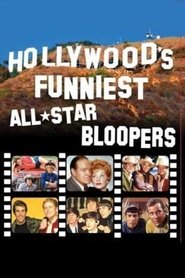 William Shatner Liz Taylor and many...
William Shatner Liz Taylor and many...Hollywood's Funniest All-Star Bloopers 1985
William Shatner, Liz Taylor and many more stars blow lines, lose their pants and more in this hilarious collection of movie and TV bloopers.
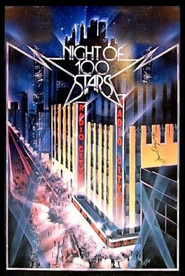 The most glittering expensive and exhausting...
The most glittering expensive and exhausting...Night of 100 Stars 1982
The most glittering, expensive, and exhausting videotaping session in television history took place Friday February 19, 1982 at New York's Radio City Music Hall. The event, for which ticket-buyers paid up to $1,000 a seat (tax-deductible as a contribution to the Actors' Fund) was billed as "The Night of 100 Stars" but, actually, around 230 stars took part. And most of the audience of 5,800 had no idea in advance that they were paying to see a TV taping, complete with long waits for set and costume changes, tape rewinding, and the like. Executive producer Alexander Cohen estimated that the 5,800 Radio City Music Hall seats sold out at prices ranging from $25 to $1,000. The show itself cost about $4 million to produce and was expected to yield around $2 million for the new addition to the Actors Fund retirement home in Englewood, N. J. ABC is reputed to have paid more than $5 million for the television rights.
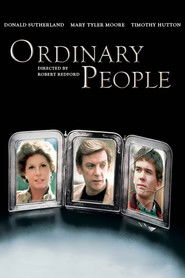 Beth Calvin and their son Conrad...
Beth Calvin and their son Conrad...Ordinary People 1980
Beth, Calvin, and their son Conrad are living in the aftermath of the death of the other son. Conrad is overcome by grief and misplaced guilt to the extent of a suicide attempt. He is in therapy. Beth had always preferred his brother and is having difficulty being supportive to Conrad. Calvin is trapped between the two trying to hold the family together.
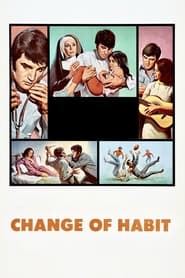 Dr John Carpenter takes the job...
Dr John Carpenter takes the job...Change of Habit 1969
Dr. John Carpenter takes the job of running a health center in a low-income district. He enlists three women to help out who — unbeknownst to him — are actually nuns in street clothes. The church wants to improve the neighborhood but fears that nuns in full habit would not be well received. Unaware of her unavailability, John falls for Sister Michelle, serenading her with his guitar — which, luckily for him, effectively wears away at her religious resolve.
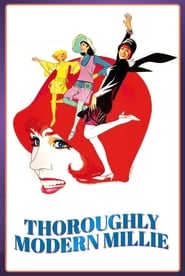 Millie Dillmount a fearless young lady...
Millie Dillmount a fearless young lady...Thoroughly Modern Millie 1967
Millie Dillmount, a fearless young lady fresh from Salina, Kansas, determined to experience Life, sets out to see the world in the rip-roaring Twenties. With high spirits and wearing one of those new high hemlines, she arrives in New York to test the "modern" ideas she had been reading about back in Kansas: "I've taken the girl out of Kansas. Now I have to take Kansas out of the girl!"
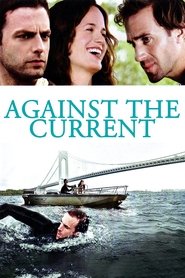 Struggling with a tragic past a...
Struggling with a tragic past a... A suspiciously magical Christmas Eve snowstorm...
A suspiciously magical Christmas Eve snowstorm...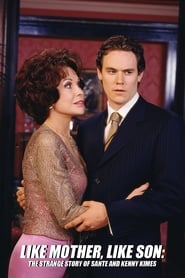 The reallife case based on the...
The reallife case based on the...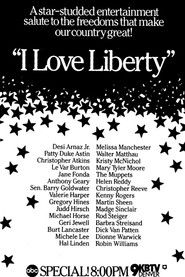 An allstar variety special saluting America
An allstar variety special saluting America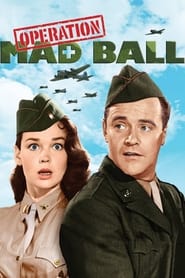 In this wacky military spoof Lemmon...
In this wacky military spoof Lemmon...